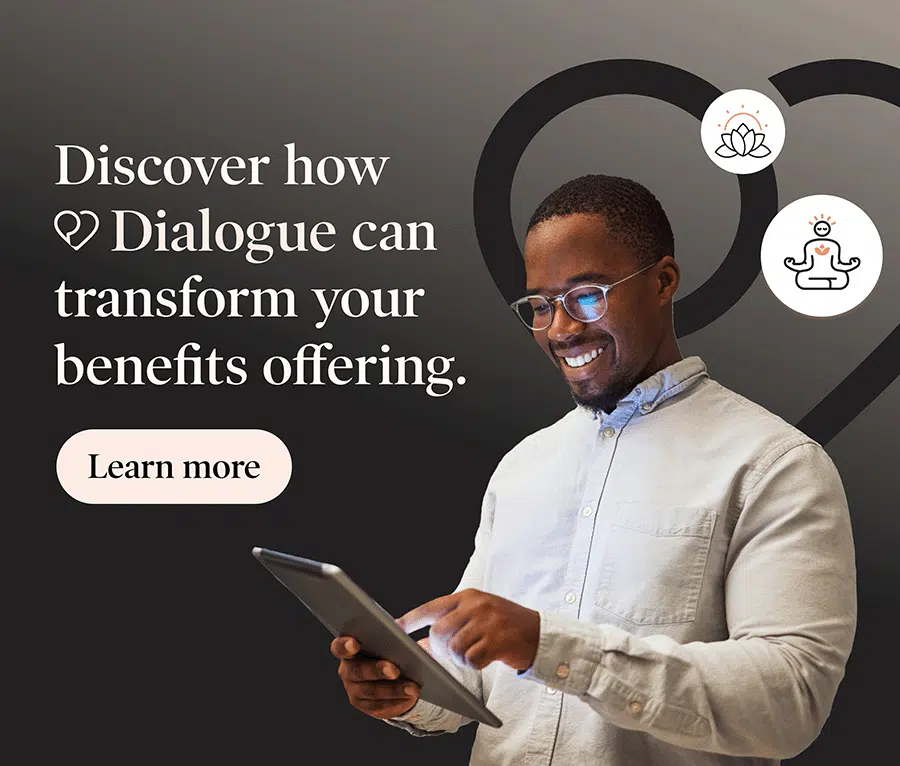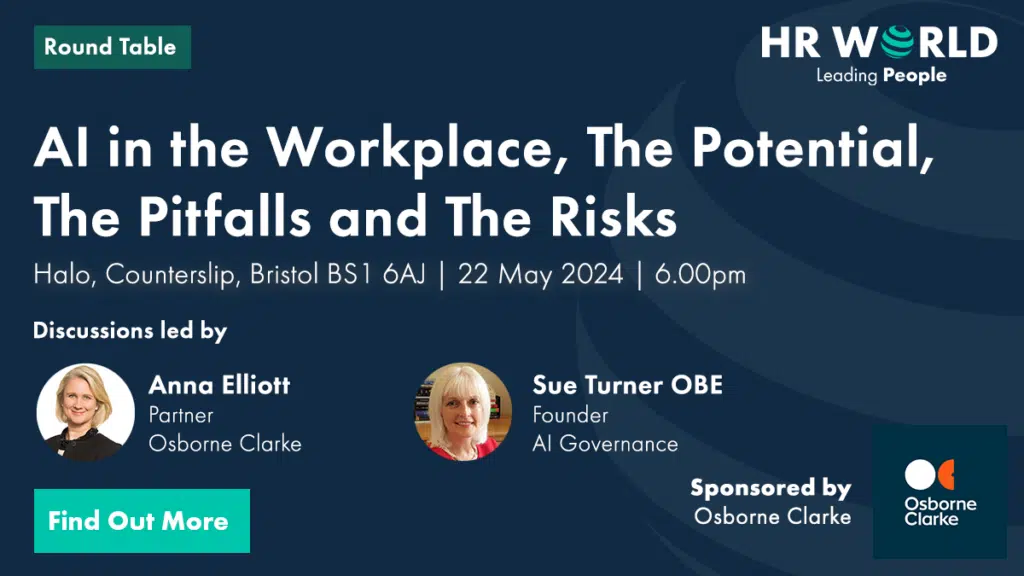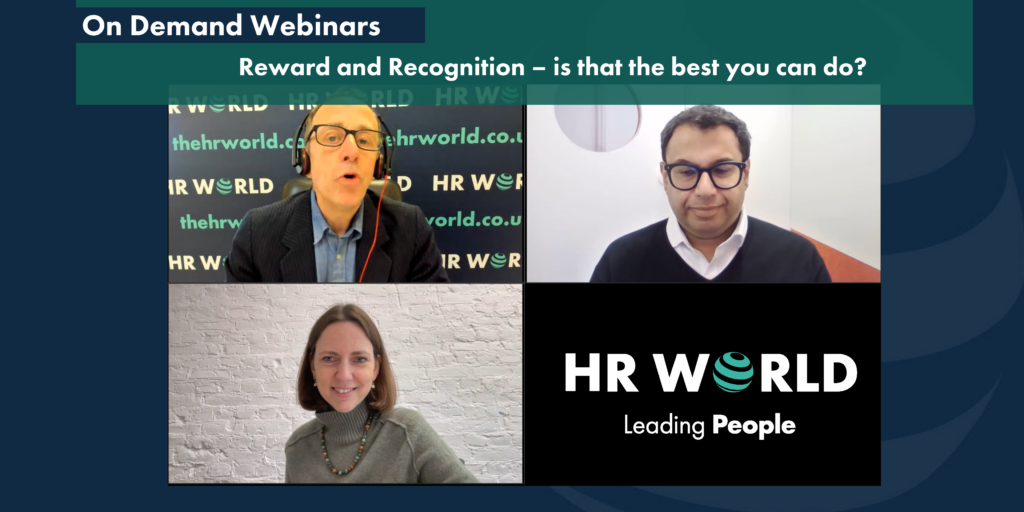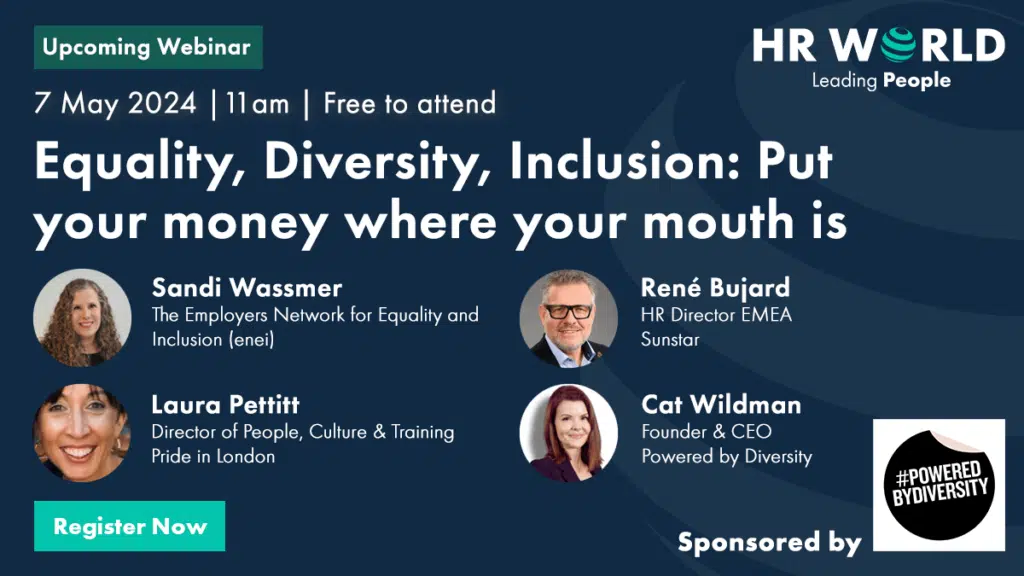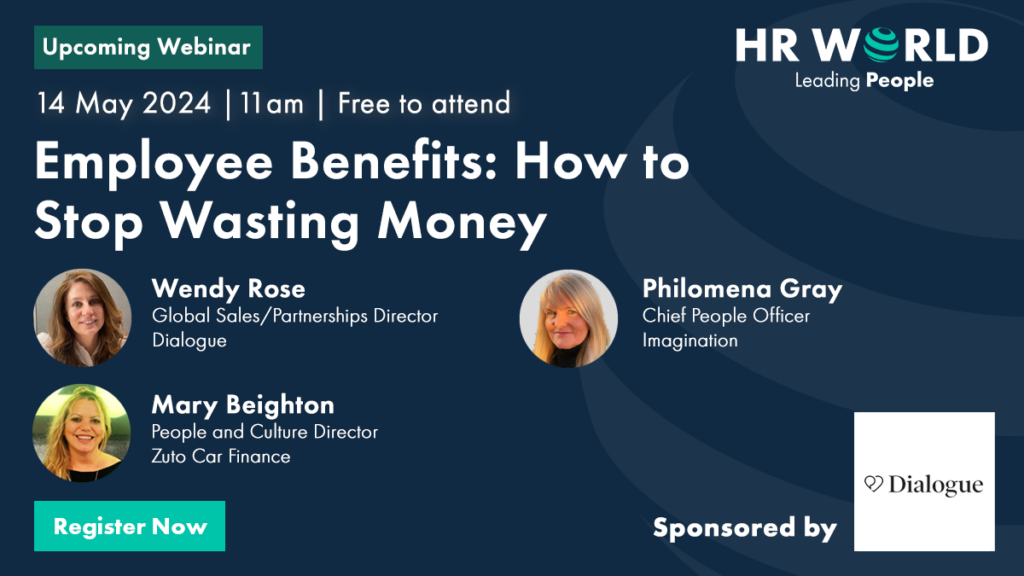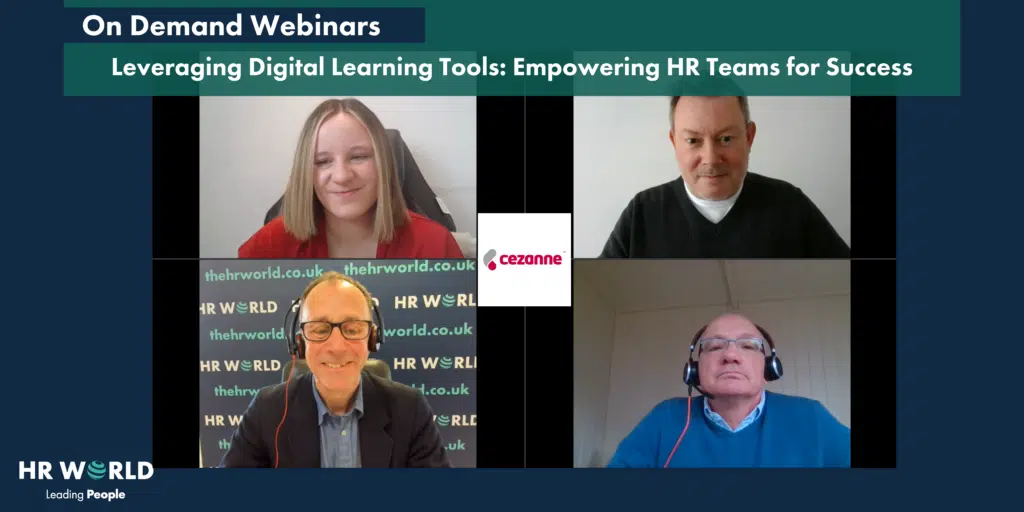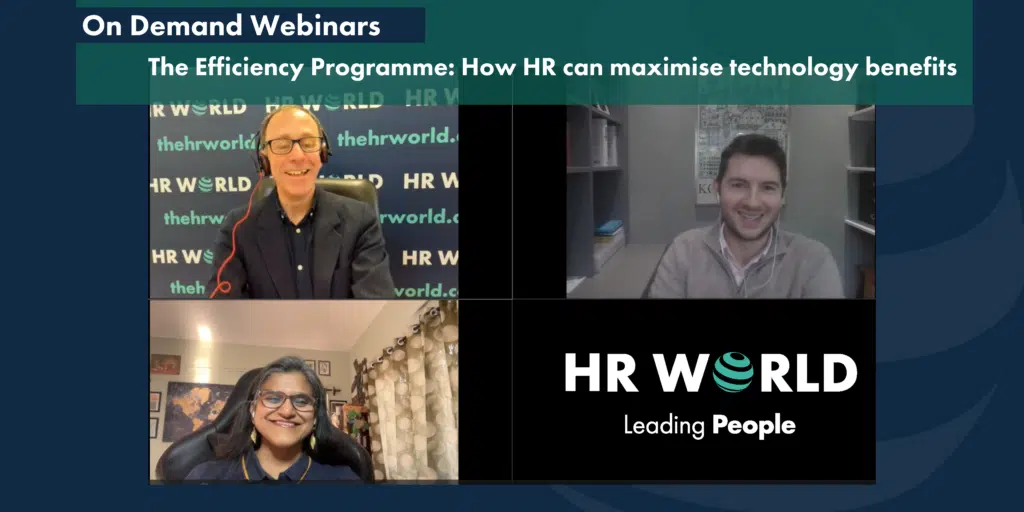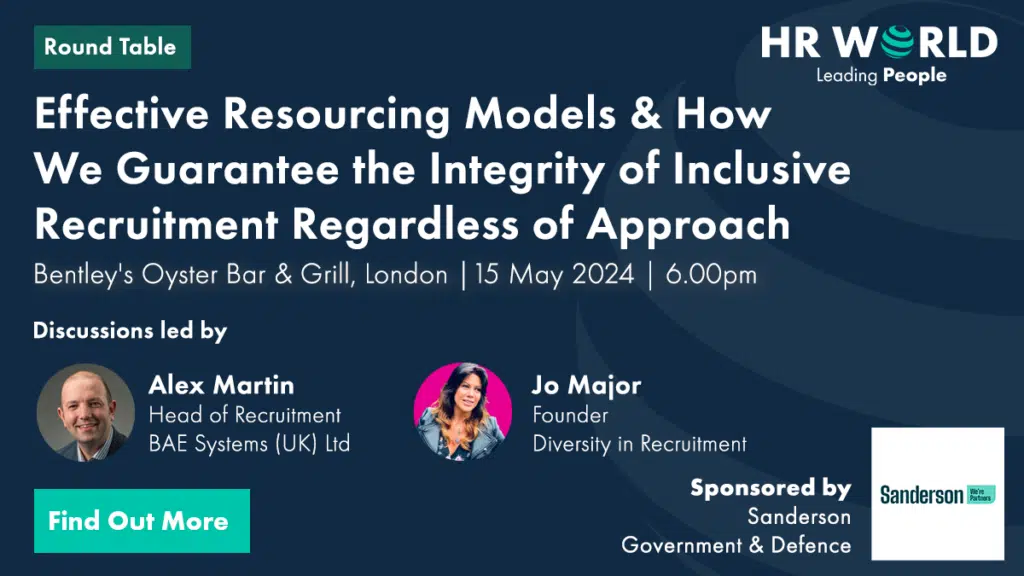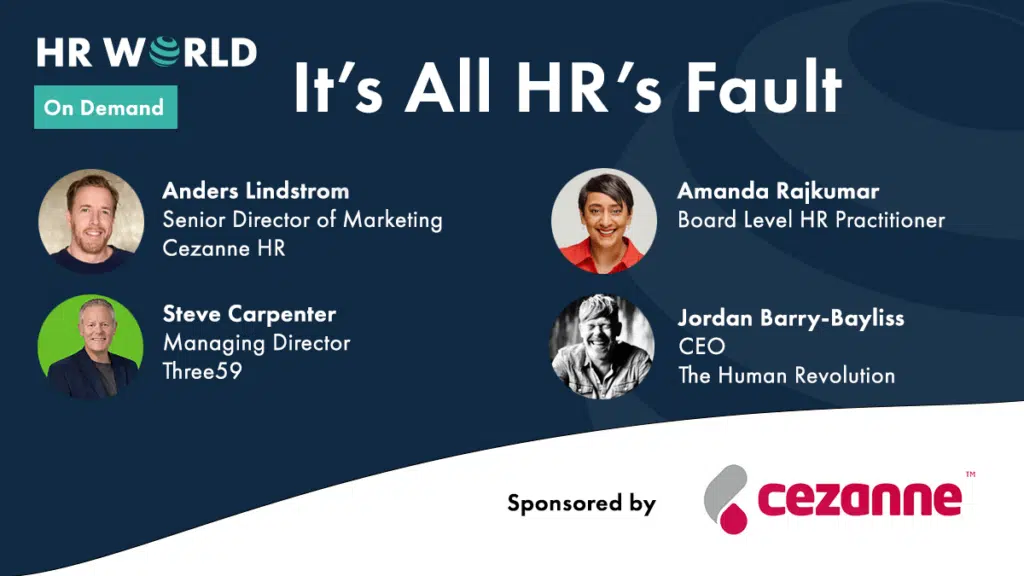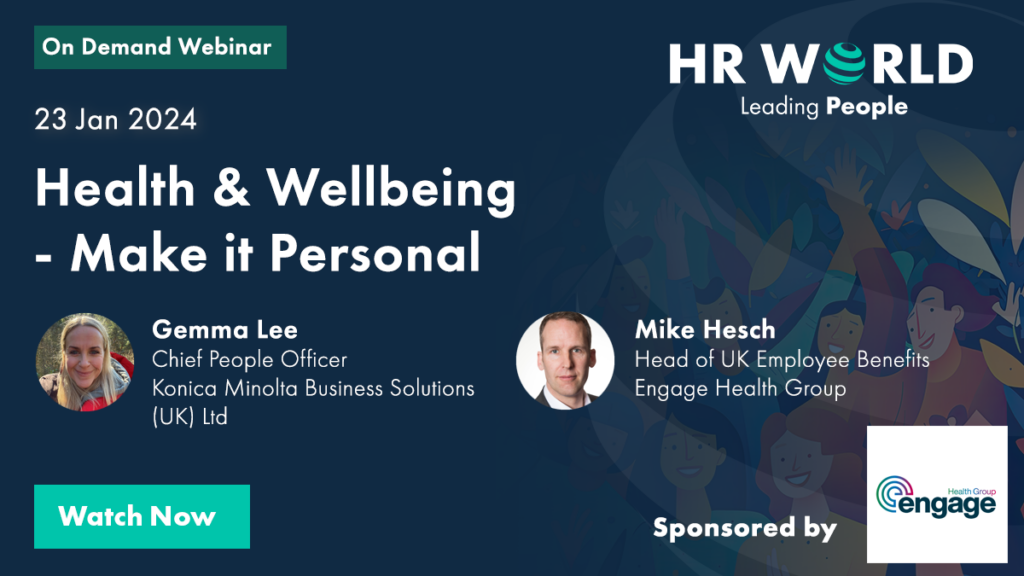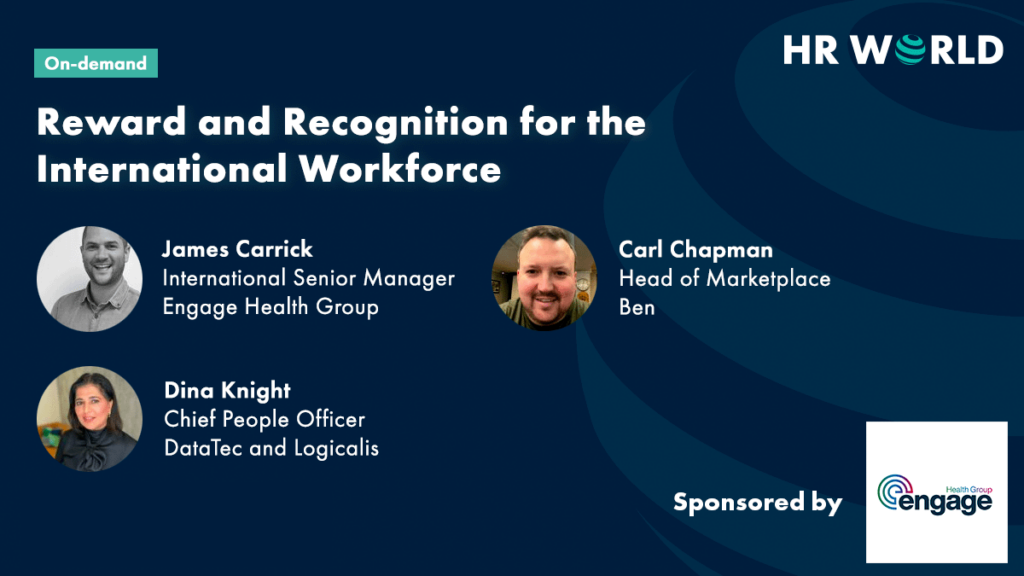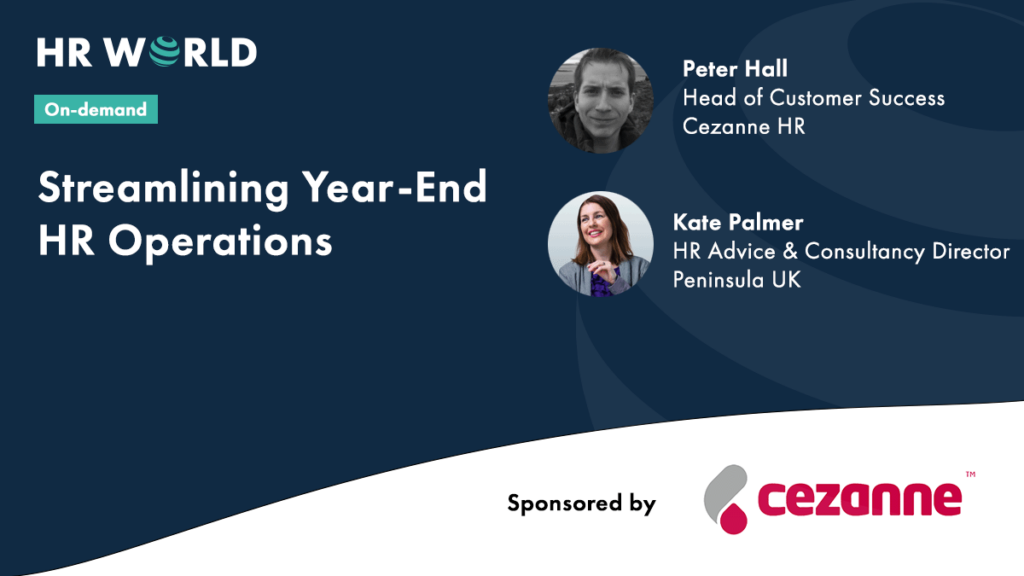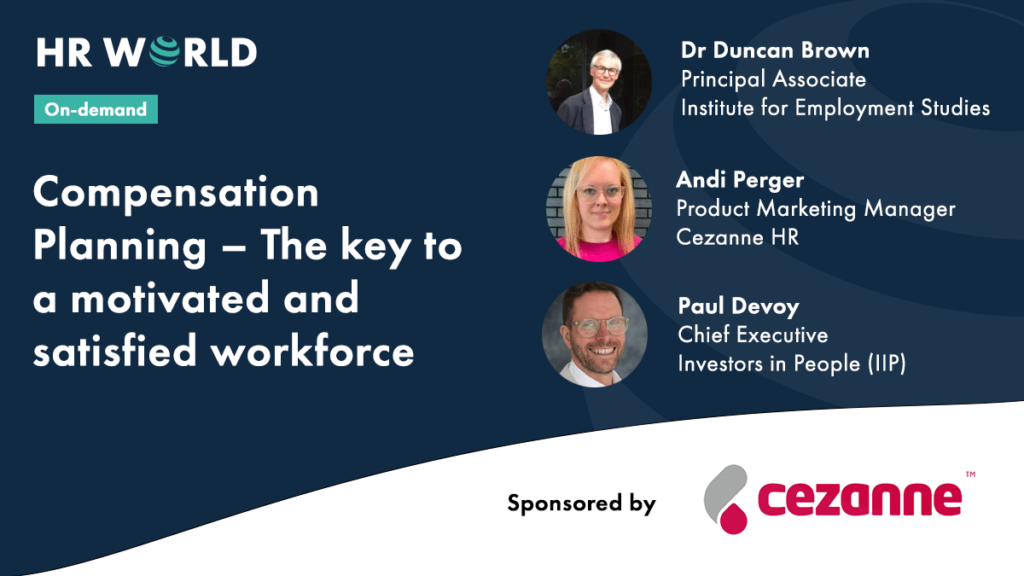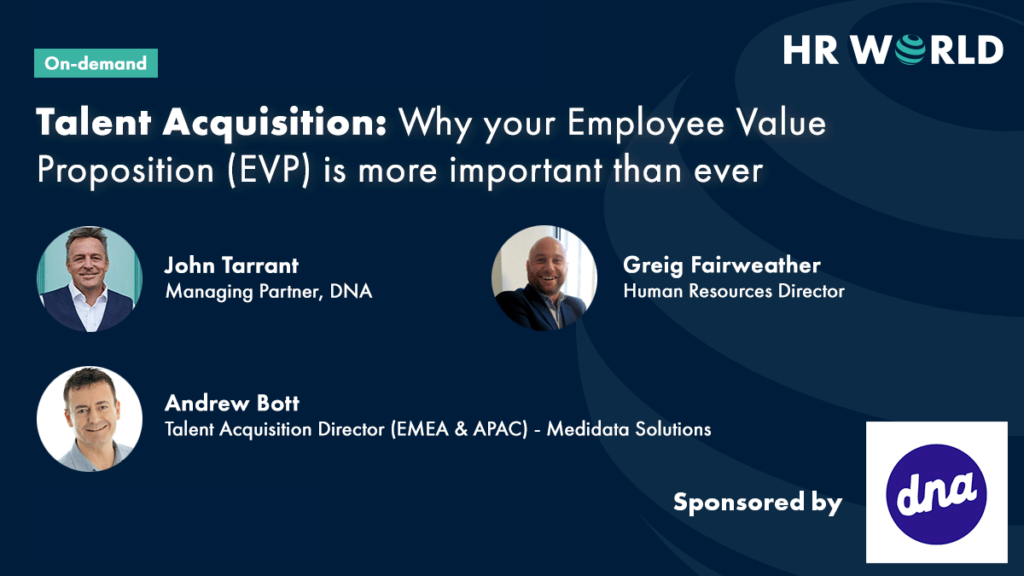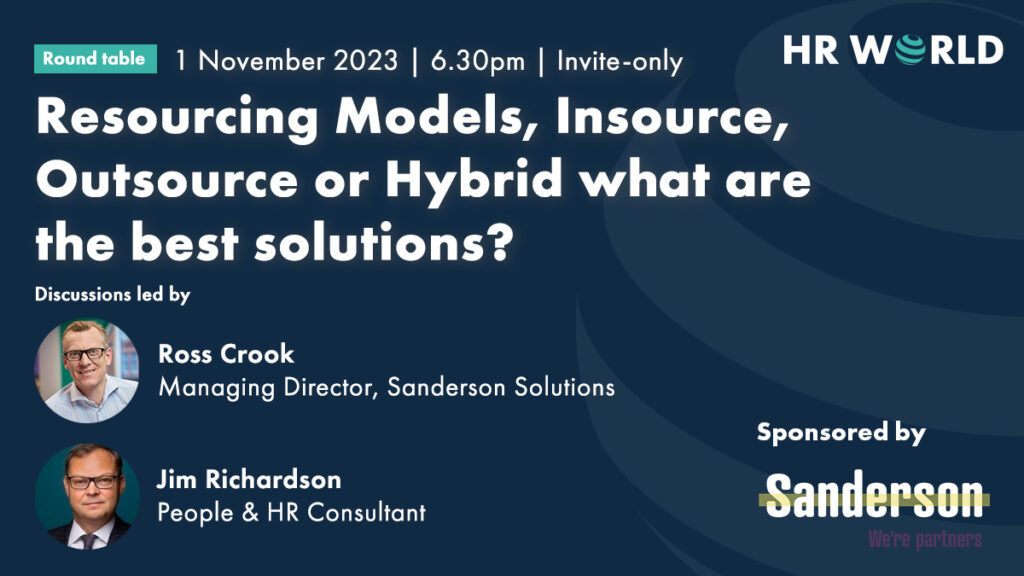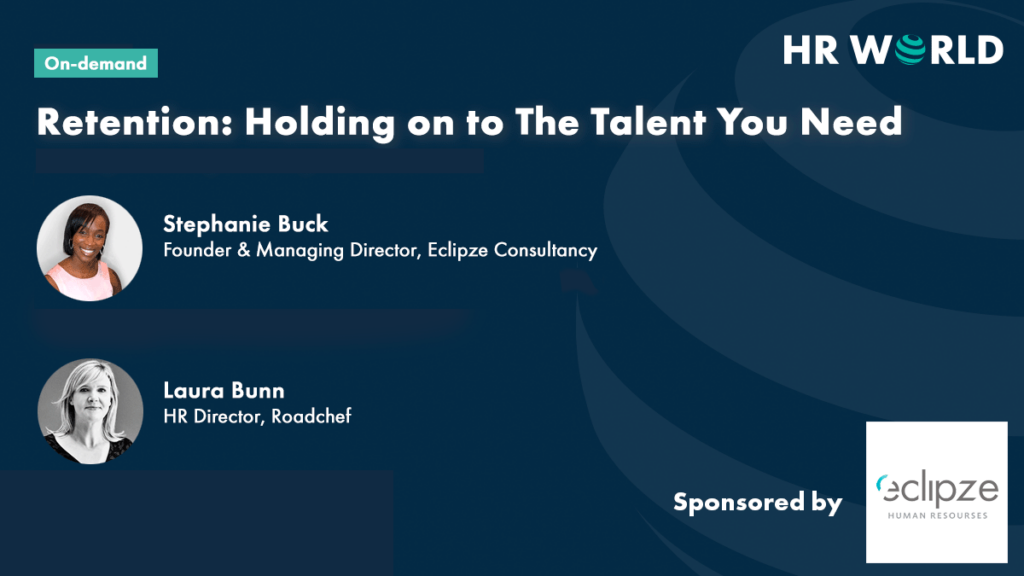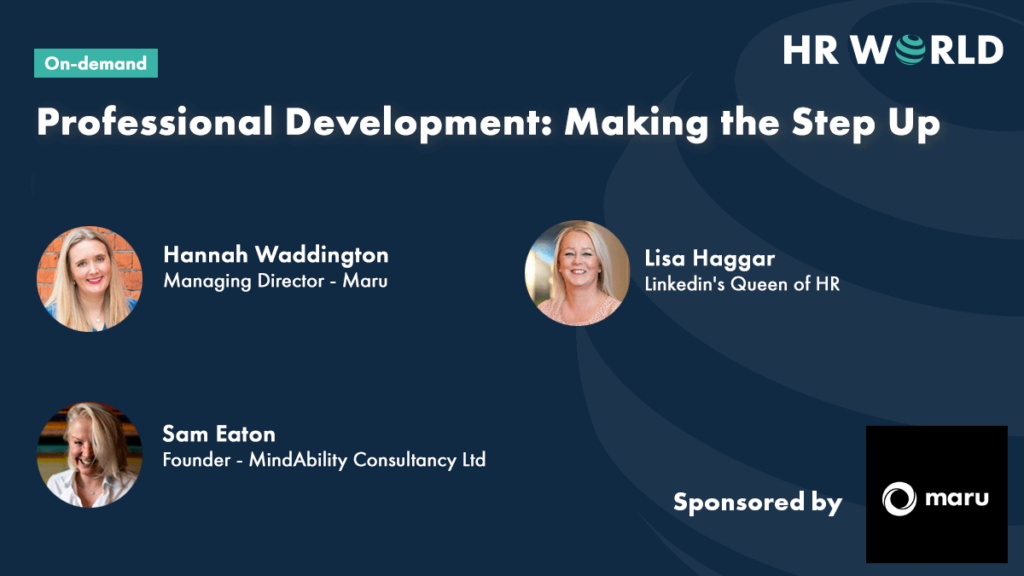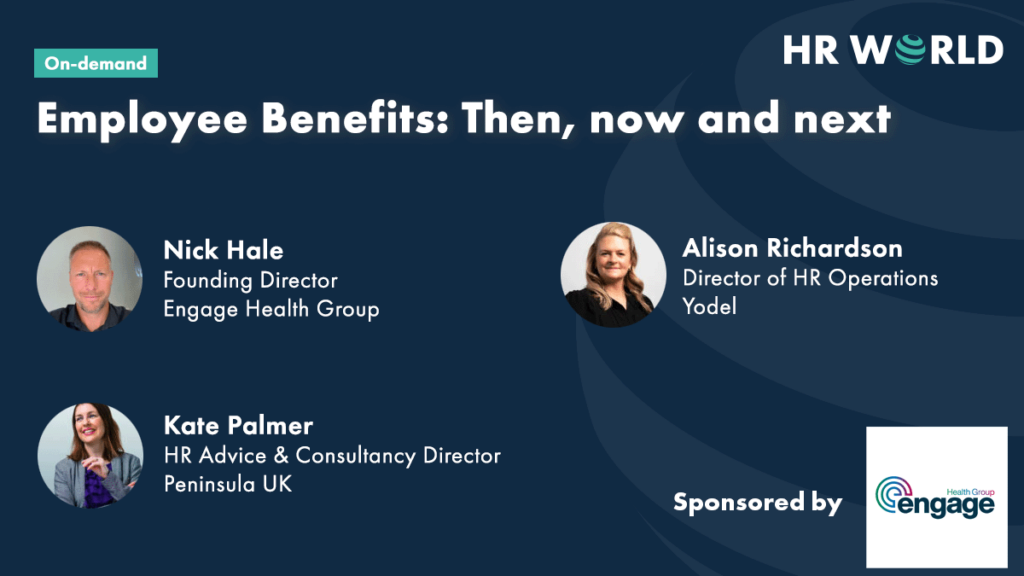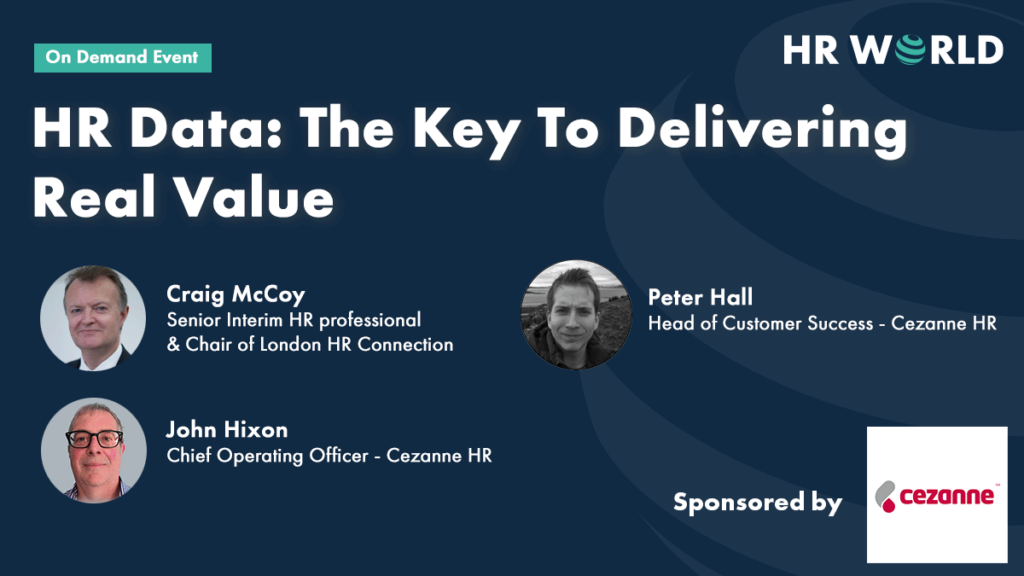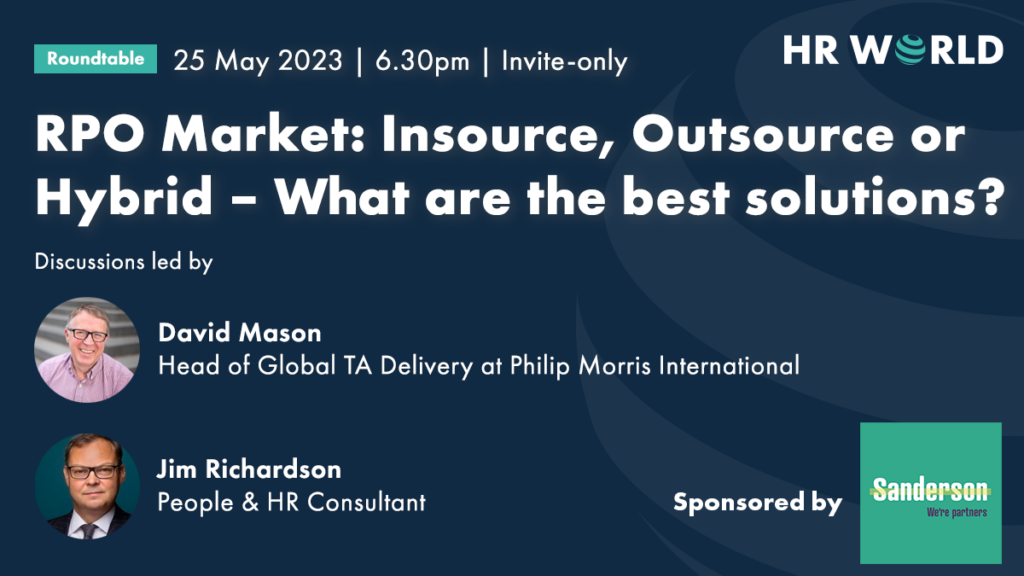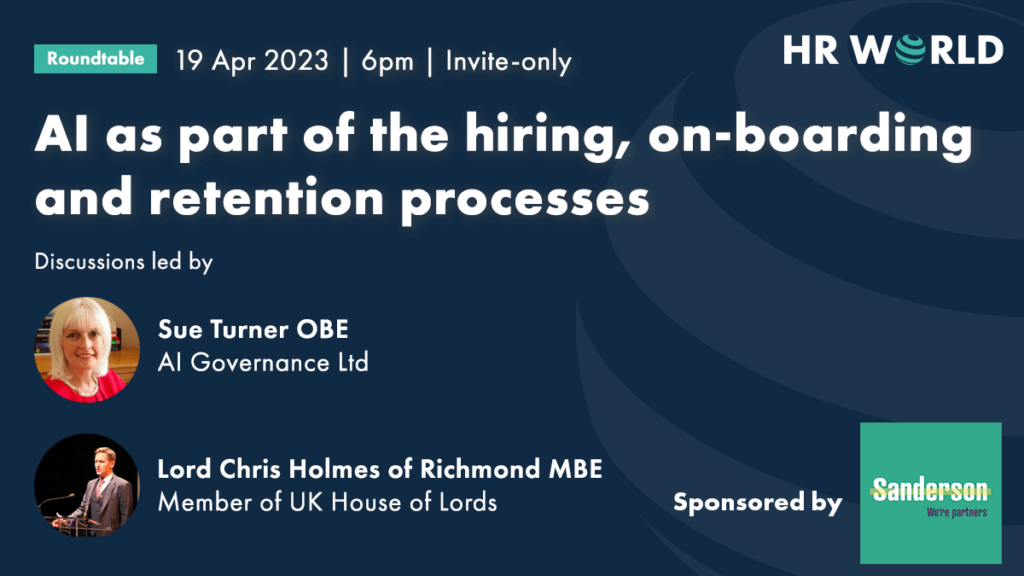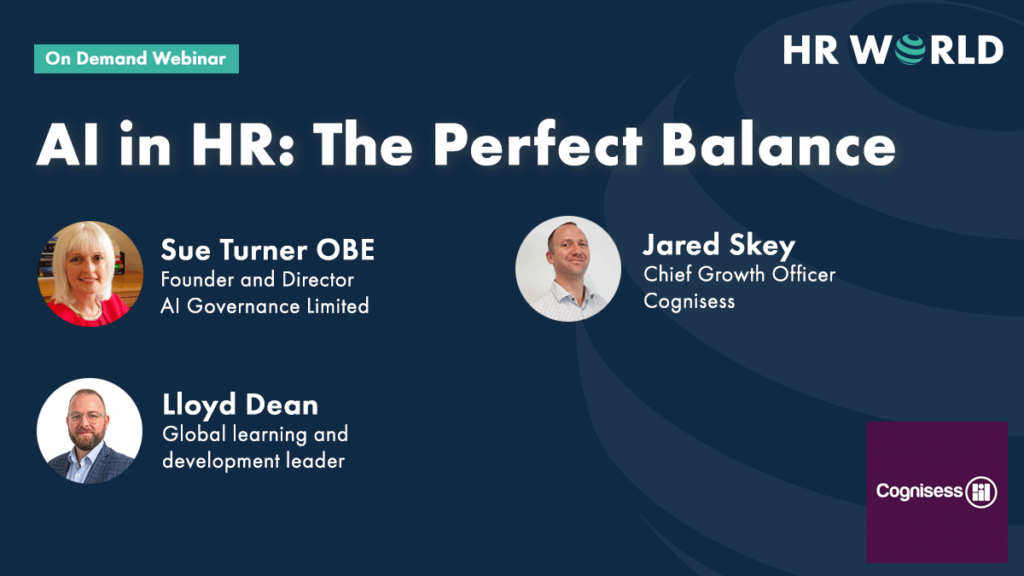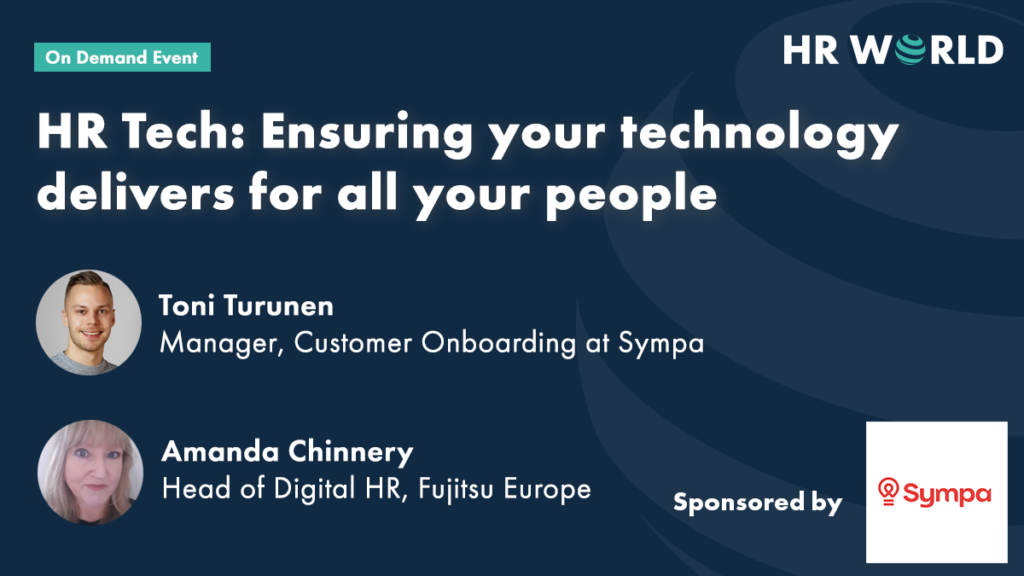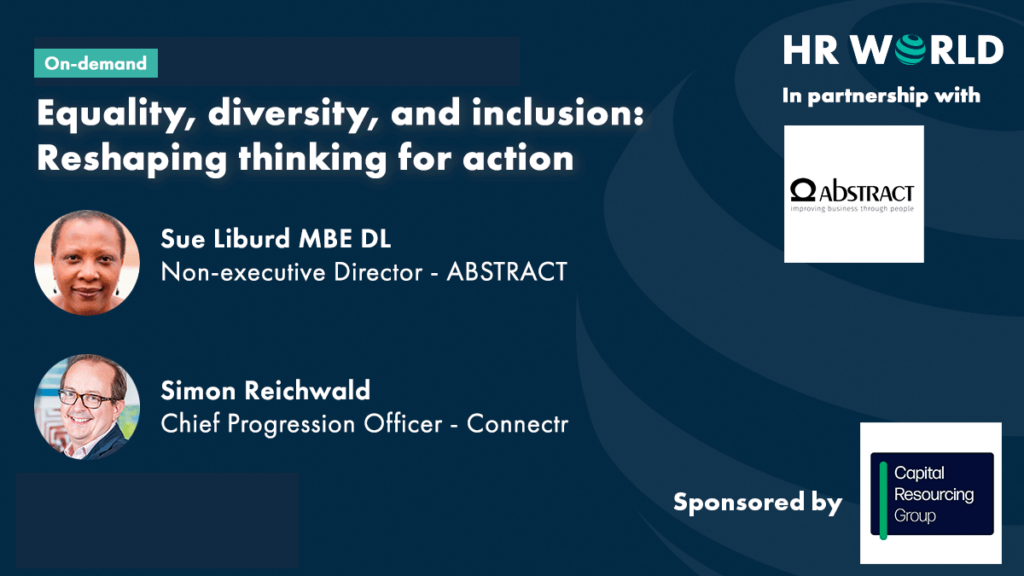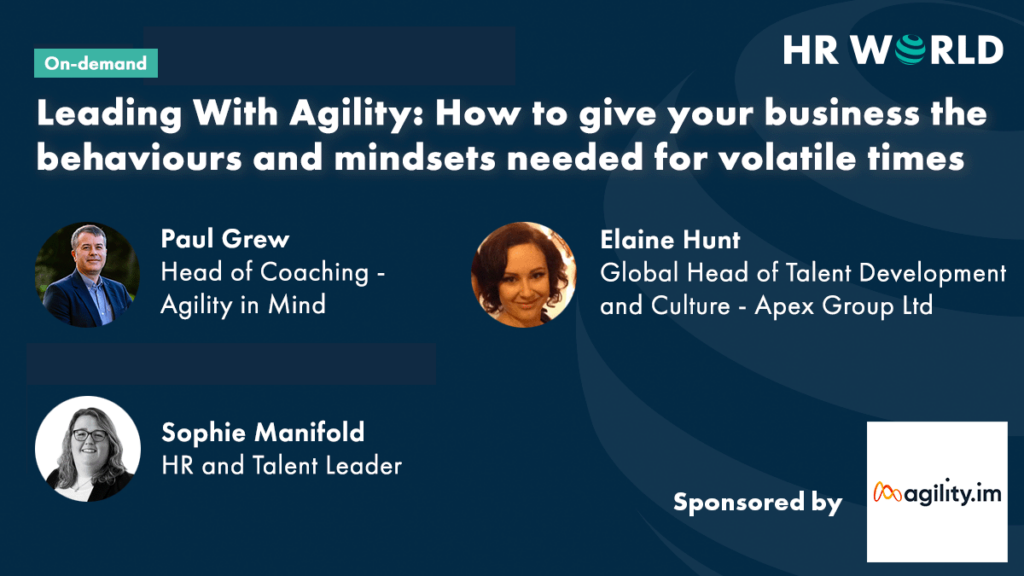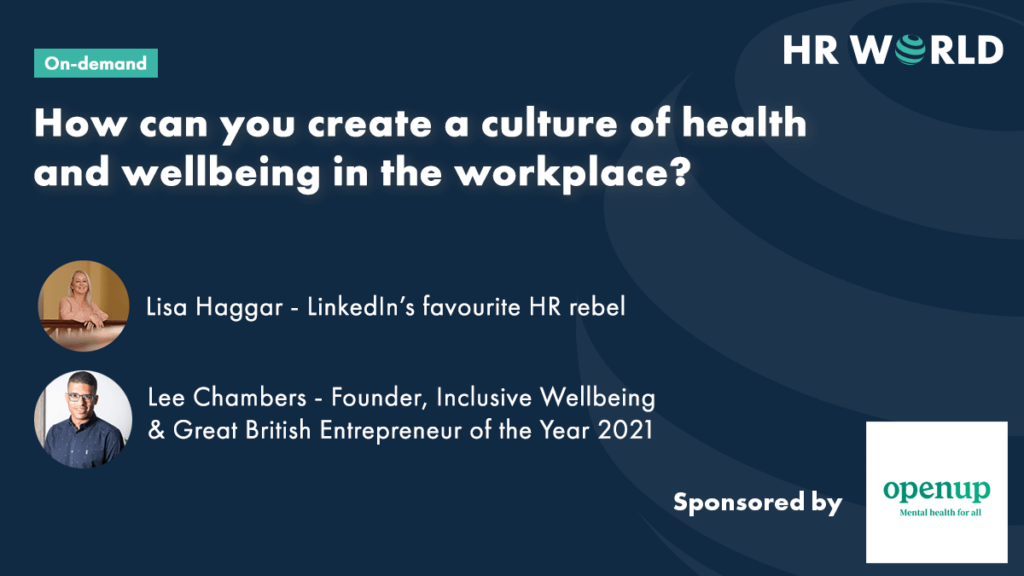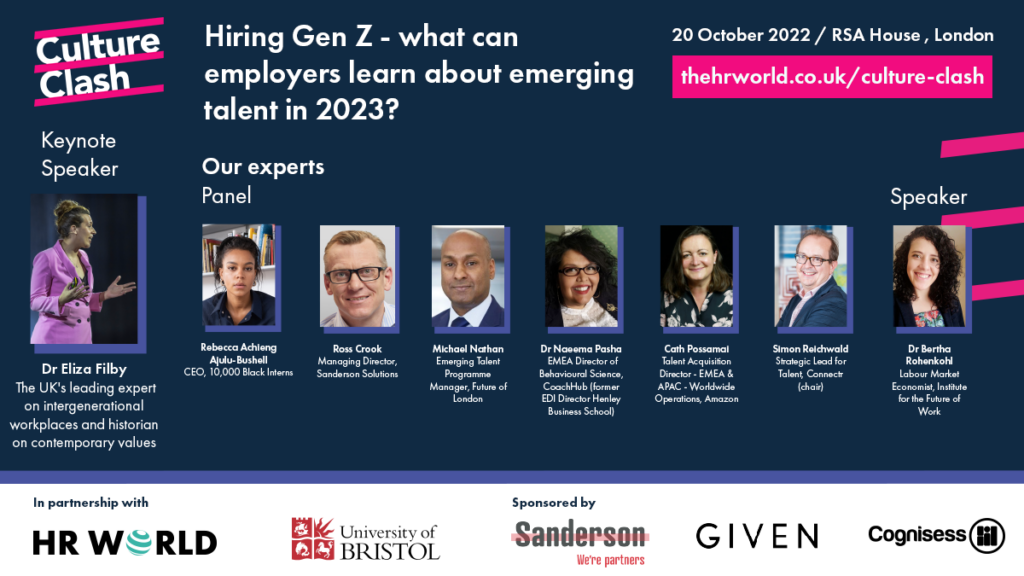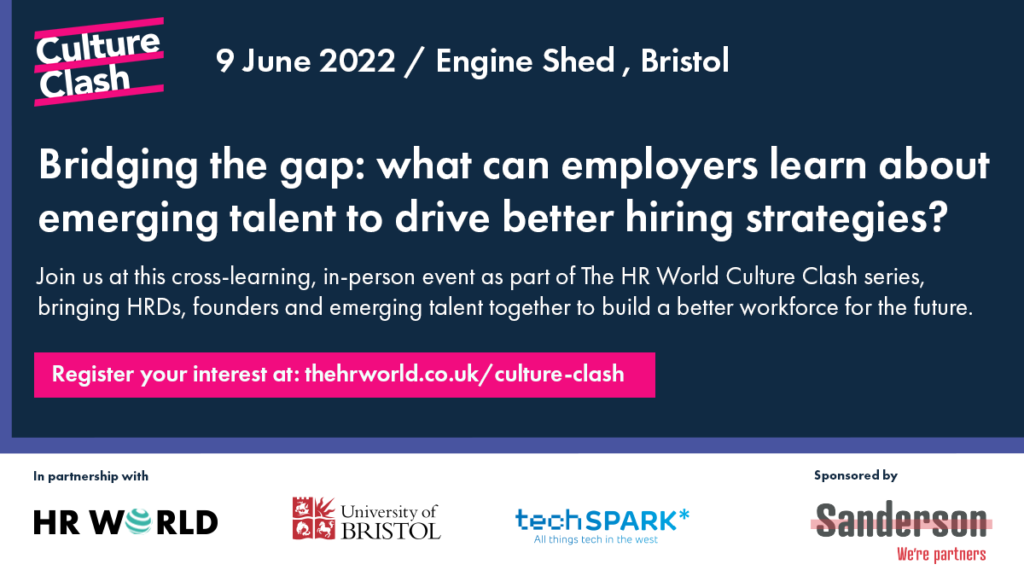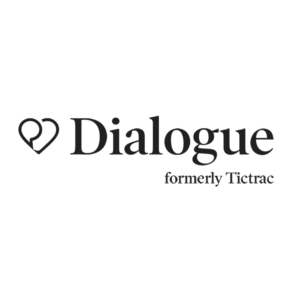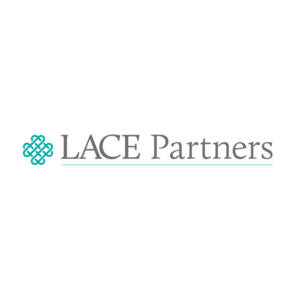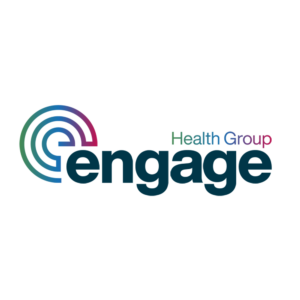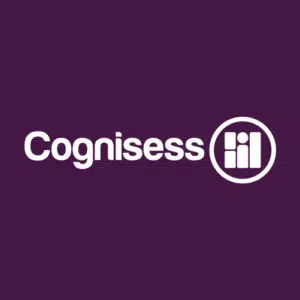Home » Knowledge Hub » Pay, Benefits and Taxation » Everybody Benefits
Everybody Benefits
04 July 2023 Pay, Benefits and Taxation

Story by
Monica McCoy former Coca-Cola senior executive and founder of Monica Motivates

Monica McCoy, former Coca-Cola senior executive and founder of Monica Motivates, a global consultancy offering DEI solutions and programs for individuals and multinational companies on how to get maximum value from benefit packages.
All good benefits strategies align closely with the overall values and objectives of the organisation that develops them. Increasingly among those values and objectives is a strong commitment to diversity, equity and inclusion, and how to keep growing DEI in the workplace. If DEI is a priority, it must also be considered as part of your benefits strategy, along with financial limitations and other obligations the organisation has.
Evaluate your existing benefits
The first step is to ask the question: Where are the gaps? Does your existing healthcare policy cover mental health? Is it trans-inclusive? Are your parental leave benefits gender-neutral? Have you considered confidential, culturally sensitive counselling policies for those in need of mental health support? The more you understand your unique employee population, and the more targeted questions you ask, the better your understanding of your existing range of benefits will be, and the greater your ability to make specific – and therefore cost-effective – interventions.
It’s important to recognise, too, that gaps don’t always look like gaps. This is something to bear in mind if your company is growing quickly. In a fast-growing company, benefits that used to be requested and given out on an ad-hoc basis have to be formalised, and that can create ambiguities among those used to the old system. One concrete example of a policy that can show gaps in this way is flexible working, which is essential for the health and happiness of working parents, those with disabilities or chronic illnesses, and those with dependents, among others. It’s important that those who may have relied on an informal policy around remote work in the past know what their rights are under a more formal policy as an organisation grows.
Involve your team members in your assessment
To get a truly rounded understanding of your existing benefits arrangements, you need the contributions of those in your team. You can gather feedback in the form of surveys, focus groups, or one-to-one conversations, for instance. Even the most rigorous benefits assessment can miss things; speaking to individuals has the benefit of giving you a clear view of individual preferences, wants and needs. Of course, in large organisations, speaking to everyone might be unworkable but surveys and focus groups can help. What’s vital is to strive for maximum diversity of representation in the feedback process, so you can be confident that the benefits strategy you build or revise is as inclusive as possible.
Set goals
It’s very difficult to measure progress if you haven’t clearly defined what your objectives are. If you’ve conducted a thorough assessment of the current state of your benefits, then some goals are likely to have emerged naturally. If you find, for example, that your current strategy doesn’t accommodate certain groups, or that there are gaps in uptake of the benefits currently on offer, you might make improving those areas key objectives. Perhaps there’s no mentorship programme for members of underrepresented communities, or you offer fitness classes that don’t accommodate people with disabilities.
Ambition has to be balanced with humility here. DEI has to be understood as a process, not a project with a neat start and end date. What’s important is to make steady incremental progress across the board and to adjust based on results.
Look for providers who offer flexibility
Getting maximum value from a benefits strategy oriented towards DEI means finding the right providers too. Those that have publicly committed to DEI are the most likely to have the experience and approach needed to support your goals, but it’s important to take the time to compare and contrast one company’s offering with those of others.
Providers who offer tailored and flexible benefits will be in the best position to make sure the diverse needs of your team members can be accommodated. The more flexibility a benefits package has, the more you can empower your team members to choose the options that suit their unique circumstances. That provides you with a great way to increase inclusion and trust and reduce the time and effort you would otherwise have to spend putting together different packages to cover all your employees’ needs.
Measure your progress
Once your strategy is in motion, you need to monitor and report progress. The most effective approach to improving your benefits from a DEI perspective is always one that has robust means of measuring its impact. These may include employee feedback surveys, which you can anonymise to protect individual privacy. You could ask: Do you feel that the existing benefits arrangements are sufficient to accommodate your needs? Do you find them easy to access and understand? You could track uptake rates of benefits across distinct demographics: for instance, are your parental leave policies taken up by all genders?
You can also look at retention and turnover, as well as promotion and advancement rates, to see if certain groups are overrepresented or underrepresented. And you can gauge financial impact. A diverse, equitable and inclusive benefits strategy is likely to deliver tangible outcomes in productivity, employee satisfaction, and innovation, all of which translate to greater profitability.
Adapt and evolve
DEI is a field that is evolving all the time. Organisations evolve over time as well. And that means you, and those responsible for the benefits strategy in your organisation, need to evolve, too. Reading external case studies, conducting research, running surveys, and seeking out reports and guides to industry best practices can help you make sure that your understanding of diverse, equitable, and inclusive benefits strategies is always growing, and that you can make the adjustments necessary to accommodate key needs and wants in your organisation and to effectively manage your financial investment.
Having a DEI consultant on call is also really helpful here. They can come into your organisation from time to time and give you an outsider’s perspective, which is incredibly useful. We all have a tendency to normalise what takes place in our immediate environment, and introducing a new perspective helps us to stay objective.


